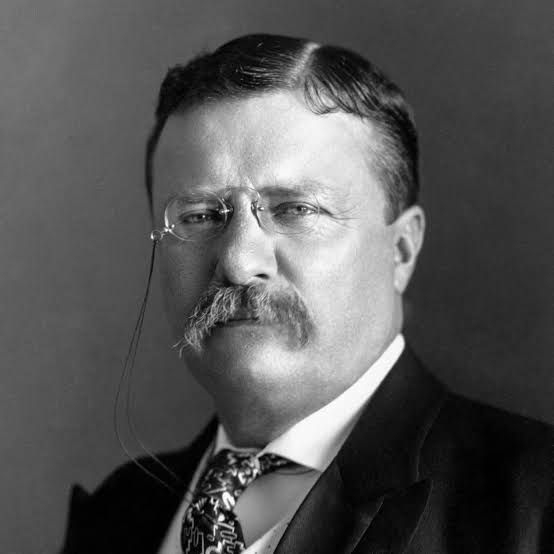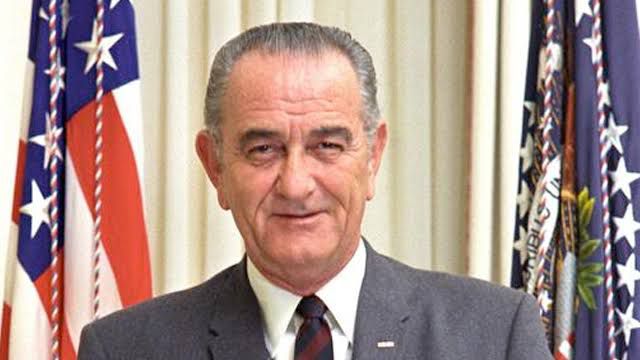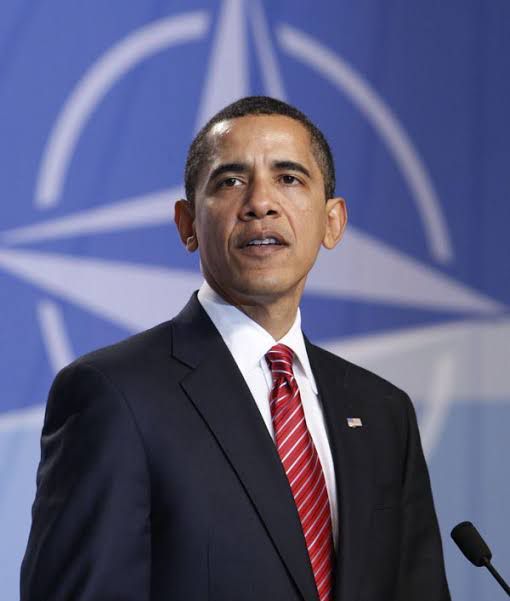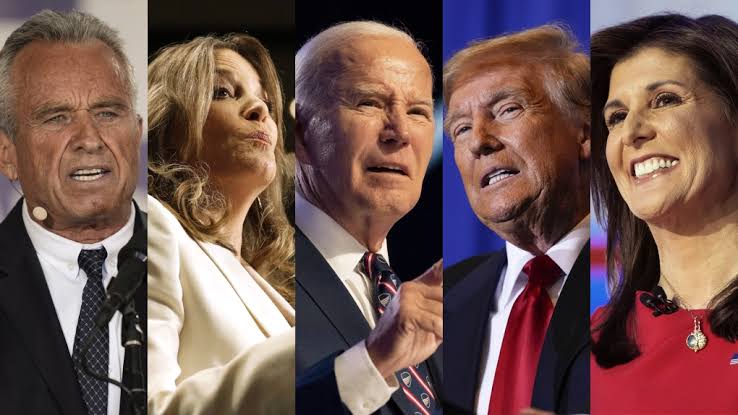A number of people have said that ranking the presidents is the most pleasant of all the parlor games that are available. One of the characteristics of the United States of America is its tendency to rank things. In spite of this, there are a few particular obstacles that are linked with evaluating the effectiveness of the president. Through the course of this program, we will investigate the process by which the Framers established the president, as well as the difficulties that are associated with holding the position. The book will also feature some anecdotes of the most successful (and least successful) presidents, as well as those who failed, and it will provide an insider’s perspective on the polls by consulting notable historians who rank the presidents. In addition, it will include some stories about individuals who failed to become president. When I reach the conclusion of this message, I will talk about the debates that have taken place regarding the presidential rating surveys, as well as the different lessons that have been learnt from the achievements and failures of the White House.
List Of The Top 10 Best USA Presidents 2024
1. Abraham Lincoln (1861-1865)

Abraham Lincoln is practically always ranked among the top five presidents of the United States in terms of his capacity to lead during times of crisis, his commitment to preserving the unity of the country, and his quest of fair justice for both people and businesses. This is the situation for several different reasons. He signed the Emancipation Proclamation in 1863, which helped the country negotiate one of the most difficult times in its history—the Civil War—by releasing the slaves. He guided the country through the battle, adding still another point of attraction.
2. Franklin D. Roosevelt (1933-1945)

The exceptional popularity and dedication to economic fairness that Franklin D. Roosevelt possessed are two of the reasons that historians look up to him. In spite of the fact that former President Franklin D. Roosevelt took office in the midst of the Great Depression, he was able to soothe the American people by saying, “The only thing we have to fear is fear itself.” In addition, he led the United States of America skillfully through the perilous years of World War II. Despite the fact that he went away before completing the final term, he is the first president of the United States to ever be elected to four terms in office.
3. George Washington (1789-1797)

The first president of the country received positive ratings for his moral authority and overall performance during the time period in which he served as president. Washington fought ferociously for the Constitution because he believed that the Articles of Confederation were not accomplishing their purpose of benefiting the nation. The fact that the nation was becoming more politically divided toward the end of his first term was a source of disappointment for him, and for this reason, he made the decision to leave after the conclusion of his second term.
4. Theodore Roosevelt (1901-1909)

Other aspects of Theodore Roosevelt’s presidency, such as his ability to influence the public, received the highest ratings. When he became the youngest president in the history of the country, he was just 42 years old. He had the zeal and resolve to convince Congress to support progressive measures and a powerful foreign policy. His motto, “Speak softly and carry a big stick,” is the best example of this. He was a passionate outdoorsman who oversaw the expansion of national parks all around the United States.
5. Harry Truman (1945-1953)

Compliments are given to Truman by historians for the path that his foreign policy took. Although he was unpopular when he took power, historians have developed a more favorable opinion of him over the course of time. When Japan refused to submit after V-E Day and ordered atomic bombs to be dropped on Hiroshima and Nagasaki with the intention of ending World War II in the Pacific, he was finally successful in bringing an end to the conflict. Not too much longer after that, Truman was present during the signing of the United Nations charter, which was intended to preserve peace.
6. Dwight D. Eisenhower (1953-1961)

In spite of the fact that he was a renowned commander during World War II, President Eisenhower believed that the majority of his efforts were focused on the commencement of the Cold War. He was successful in negotiating a peace agreement in Korea after the country had been in conflict for a number of years. In addition to this, he made certain that the United States military forces continued to be desegregated and dispatched federal troops to Little Rock, Arkansas, in order to carry out a court ruling that prohibited segregation.
7. Thomas Jefferson (1801–1809)

Jefferson was given a high ranking due to the fact that he was involved in the founding of our nation and had his own vision for the presidency. Even though he continued to hold slaves, he was the primary author of the Declaration of Independence. He said that “all men are created equal,” regardless of the fact that he owned slaves. During his presidency, he was successful in reducing the national debt by a third and acquiring the Louisiana Territory, which resulted in a significant expansion of the nation’s landmass.
8. John F. Kennedy (1961-1963)

The most important things that historians credit Kennedy with are his vision and his ability to communicate in public. In addition, he gives high credit to his management of crisis situations and his handling of international relations. The Cuban Missile Crisis was effectively defused by him, who rose to the occasion to challenge the Soviet system. Additionally, he inspired the people of the United States by pledging to send a man to the moon and by campaigning for the progress of civil rights. There were barely a thousand days left in his presidency when he was murdered.
9. Lyndon B. Johnson (1963-1969)

Johnson is considered by some historians of the presidency to be the most influential figure because of his pursuit of equal justice for all Americans. When Johnson took office after the assassination of John F. Kennedy, he made certain that the historic Civil Rights Act would be passed at the same time. Medicare for the elderly, increased financing for educational programs, and anti-poverty initiatives were all components of his agenda. He put the nation under pressure “to build a Great Society, a place where the meaning of man’s life matches the marvels of man’s labor.”
10. Barack Obama (2009-2017)

When Barack Obama was elected president in 2008, he made history by becoming the first African American to hold the office of the presidency. The founders of the Constitution always had the idea that our leadership would not be limited to people in the United States who had financial or familial ties to the country. As a result of the fact that many of them owned slaves, the majority of them would not have been able to see an African American president if the sentiments of their time had been different. In Hawaii, where Barack Obama was born on August 4, 1961, his father, a Kenyan economist named Barack Sr., and his mother, Stanley Ann Dunham, were both students at the time. Donald Obama was born in Hawaii.

